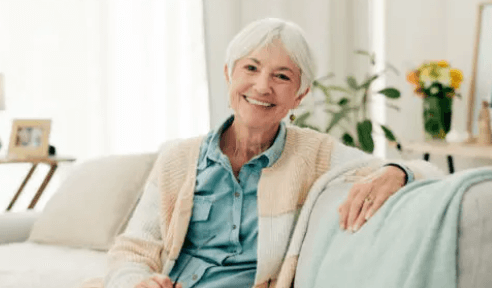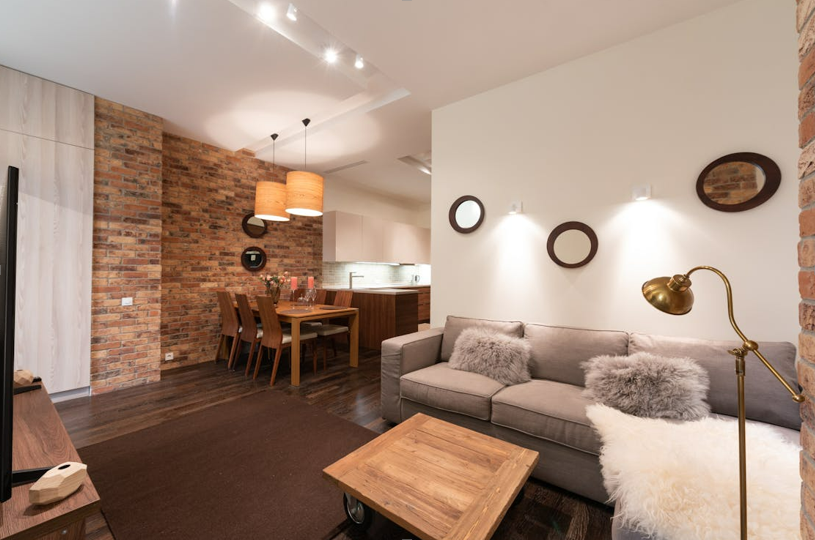The Meaning of In Home Living Assistance
The concept of in home living assistance has transformed the way individuals experience care and independence. It allows people, particularly seniors and those with disabilities, to continue living comfortably in their own homes rather than relocating to a care facility. This type of support is designed to provide both physical and emotional aid, ensuring that individuals receive help with daily tasks while maintaining their sense of autonomy. The comfort of familiar surroundings can make a profound difference in the overall well-being of the person receiving care.
The value of in home living assistance goes beyond basic help. It brings companionship, emotional connection, and security to those who might otherwise feel isolated. Professional caregivers or personal assistants are trained to cater to a wide range of needs, from meal preparation and medication management to personal hygiene and mobility support. This creates a nurturing environment where individuals feel respected, empowered, and valued in their own space. The focus is not solely on medical care but on creating a holistic sense of comfort and dignity within the home.
The Benefits of Staying at Home with Professional Support
One of the most significant advantages of in home living assistance is the ability to remain in a familiar environment. The home represents safety, history, and identity. For seniors, the walls of their home often hold cherished memories, and leaving them can be emotionally challenging. Staying at home allows them to keep their routines and sense of independence, which can greatly reduce stress and improve mental health. It provides stability and continuity, elements that are essential for a happy and healthy life.
Professional caregivers play an essential role in enhancing quality of life through personalized support. Each care plan is tailored to meet the unique needs of the individual, whether they require full-time help or occasional assistance. The flexibility of in home care ensures that the level of support adjusts as the person’s needs evolve. This approach not only prevents unnecessary hospitalization but also encourages an active and engaged lifestyle. Clients can enjoy their hobbies, maintain social connections, and participate in family life without feeling like a burden.
The Role of Caregivers in Enhancing Daily Life
At the core of in home living assistance lies the caregiver. These compassionate professionals serve as the backbone of daily care, blending practical skills with emotional intelligence. They are trained to manage both physical and emotional challenges, offering support that adapts to the client’s lifestyle. From helping with grooming and exercise to providing transportation for appointments or shopping, caregivers ensure that daily routines run smoothly and safely. Their presence brings reassurance not only to the individuals under their care but also to family members who can rest knowing their loved one is in good hands.
Beyond the physical tasks, caregivers offer companionship, which is often the most underestimated yet vital part of their role. Loneliness and isolation can severely impact an individual’s health, leading to depression or cognitive decline. A caregiver becomes a trusted companion, someone to share conversations, laughter, and experiences with. This human connection fosters emotional stability and gives clients a renewed sense of purpose. For many, having someone to talk to and rely on makes every day brighter and more meaningful.
The Modern Advancements in Home Care Services
Technology has revolutionized in home living assistance by introducing new ways to monitor health and enhance safety. Today’s caregivers can use digital tools such as wearable health devices, telemedicine, and smart home systems to ensure clients are always cared for, even when caregivers are not physically present. These innovations allow families to stay informed about their loved one’s health status and safety from anywhere in the world. Automated reminders for medications, fall detection systems, and remote monitoring have made in home care more efficient and reliable than ever.
In addition to technology, many care agencies are focusing on continuous training for their caregivers. They are equipped with modern knowledge about nutrition, mobility exercises, dementia care, and emergency response. This constant improvement guarantees that clients receive top-quality support that evolves with medical and technological advancements. Home care has shifted from being a simple helping service to a professional field of expertise that integrates compassion with innovation. The collaboration between human empathy and technology ensures a higher standard of living for those choosing to age or heal at home.
The Future of Personalized In Home Assistance
The future of in home living assistance lies in personalization and flexibility. As populations age and healthcare costs rise, more families are turning to customized care solutions that adapt to their financial and emotional needs. Instead of one-size-fits-all programs, modern care agencies design plans that match the preferences, routines, and personalities of their clients. Some may prefer a companion-style arrangement focused on conversation and light help, while others may require specialized medical supervision. This individualized approach ensures dignity and satisfaction, helping each person live life on their own terms.
Furthermore, the future promises stronger partnerships between caregivers, healthcare professionals, and families. This collaboration ensures that clients receive complete care that covers medical, social, and emotional aspects. As society becomes more aware of the importance of mental well-being, in home assistance is expected to include more emotional and recreational support. Programs that encourage art therapy, music, memory games, or gentle exercise will become increasingly common. In this evolving landscape, in home living assistance will continue to stand as a symbol of compassion, respect, and independence—allowing people to thrive within the place they love most, their home.











